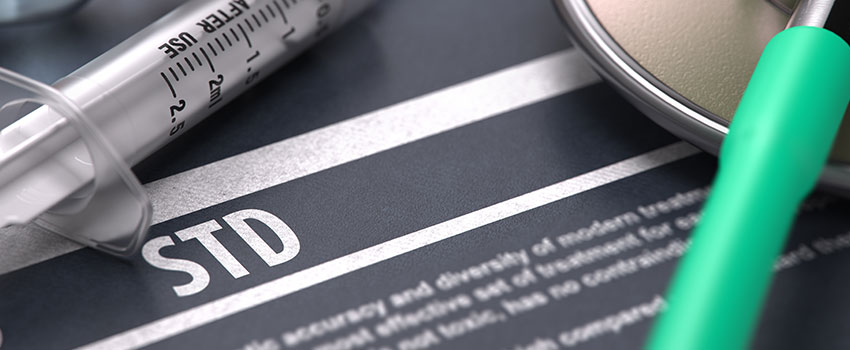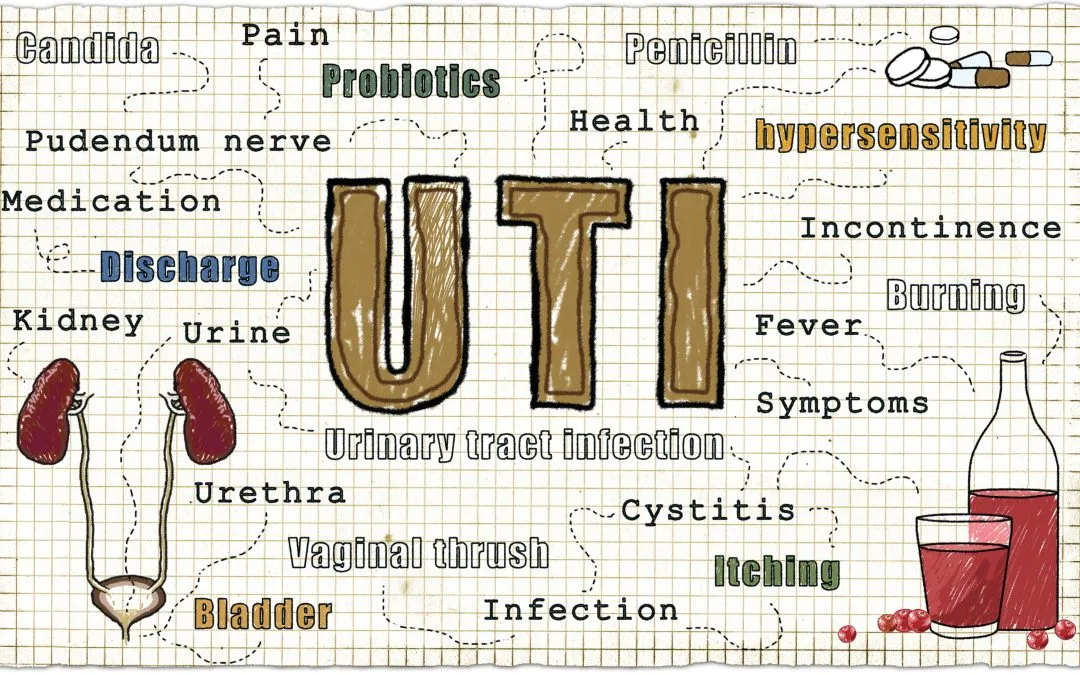
Here’s a sobering thought: Even amidst a global pandemic, America’s STD rate is at a record high, according to the CDC. In fact, experts estimate that the number of sexually transmitted diseases among Americans now totals more than 110 million!
Because of this, it’s important to be educated about what STDs are, how they can affect you and what you can do to prevent them. Our AFC Urgent Care Farragut team provides this helpful information below, so keep reading!
What Are STDs?
Sexually transmitted diseases (STDs), also known as sexually transmitted infections or STIs, are very common. Millions of new infections occur every year in the United States.
STD are typically transmitted by having unprotected vaginal, anal or oral sex with someone who has an infection. But this doesn’t mean sex is the only way STDs are transmitted. Depending on the specific STD, infections may also be transmitted through sharing needles and breastfeeding. We’ve listed some common STD symptoms among men and women below.
Common STD Signs
- Sores or bumps on and around the genitals, thighs or glutes
- Uncommon discharge from the vagina or penis
- Burning when you urinate and/or having to frequently urinate
- Itching, pain, irritation and/or swelling in the penis, vagina, vulva or anus
- Flu-like symptoms, such as fever, body aches, swollen glands and feeling tired
What Increases the Risk of Getting an STD?
Truthfully, anyone who is sexually active risks some degree of exposure to a sexually transmitted disease or a sexually transmitted infection, which is why it’s important to be regularly tested for STDs. If you are sexually active, it’s important to at least be tested every six months.
Although being sexually active is enough of a risk factor in and of itself, there are some more specific things that can increase your STD risk, and we’ve listed them below.
STD Risk Factors
- Having unprotected sex. Vaginal or anal penetration by an infected partner who isn’t wearing a latex condom significantly increases the risk of getting an STD. Improper or inconsistent use of condoms can also increase your risk.
- Having sexual contact with multiple partners. The more people you have sexual contact with, the greater your risk. This is true for concurrent partners as well as consecutive monogamous relationships.
- Having a history of STDs. Having one STD makes it much easier for another STD to take hold.
- Injecting drugs. Needle sharing spreads many serious infections, including HIV, hepatitis B and hepatitis C.
- Being young. Half the STDs occur in people between the ages of 15 and 24.
If you believe you may have an STD, don’t hesitate to be tested. Reach out to our AFC Urgent Care Farragut team today.


